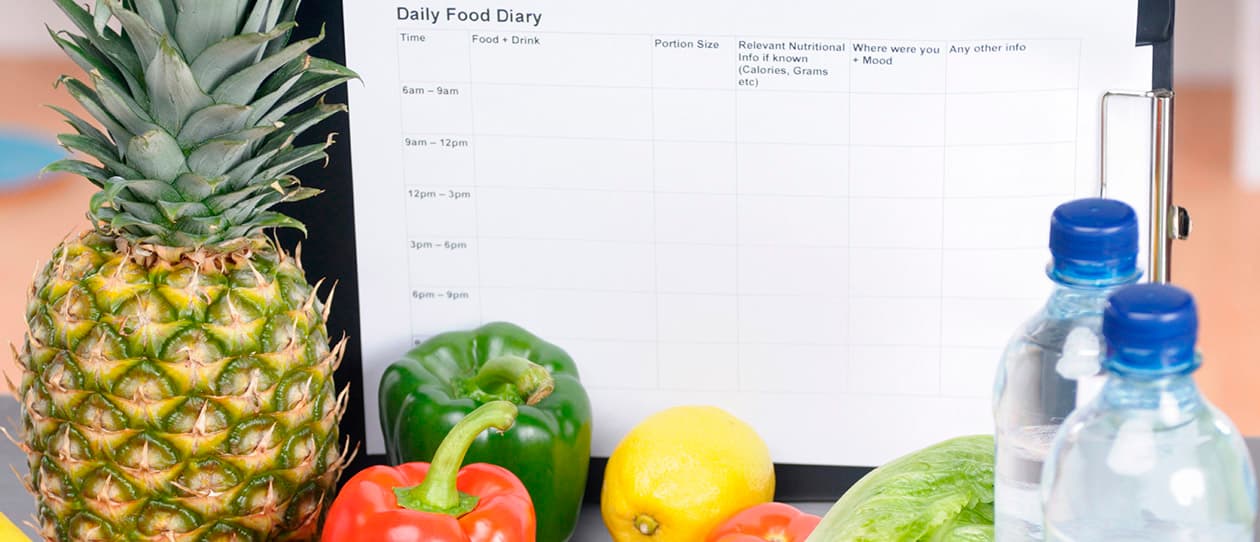
- Health hub/
- Weight management/
- How food diaries can double your weight loss


Whether you're just starting a new eating plan, or want to pay closer attention to your current diet, the process of writing down exactly what you eat and drink can be very helpful.
It increases your commitment and awareness of healthy eating, and can motivate you to change your behaviour. It allows you to identify patterns and trouble spots in your eating habits, and helps you become more mindful of any little extra treats that may otherwise sneak in unnoticed.
Writing down what you eat also gives you clues about why, when and where the extra kilojoules are coming from. Even knowing that you need to write it down can make you cut back on or cut out less healthy choices.
Once you build an awareness of the areas you need to work on, you can then develop strategies to address them.
Do food diaries increase weight loss?
Not only does a food diary help keep you accountable for what you eat and drink, it has been proven to be an effective tool for weight loss. A recent study found that people who kept a daily food diary lost nearly twice as much weight compared to those who did not.
Participants were asked to record their daily food intake and their exercise times. After six months on a high-fruit and vegetable intake eating pan, it was found that the more often a participant kept a food record, the more weight they lost. Those who kept no food records lost about four kilograms, while those who kept a diary for six days or more, each week lost about eight kilograms. That's a big difference in anyone's books.
How to keep a food diary
While the best results will come from a daily food diary, aim for at least three days each week, including two weekdays and one weekend day.
Use whatever method suits you best, such as pen and paper, a computer spreadsheet, or your PDA. It's also best to record the details as you go, rather than relying on memory at the end of the day.
The essential details to record are:
- The time, or meal (breakfast, lunch, dinner or snack) when you eat or drink
- Specify exactly what you eat and drink
- Write down an indication of the portion size (S, M, L, XL)
- Where relevant, specify how the food was prepared (steamed, baked, fried)
Depending on how much detail you'd like to go into, and what individual problem areas you want to modify, you can also record:
- The extent of your hunger (rate it from 1-10)
- Your mood, and how you feel emotionally at that time
- Where you ate (kitchen, friend's house, restaurant)
- Who you ate with
- The kilojoule content
- The fat, carbohydrate, protein and fibre content
- Any physical activity
Keeping a food diary for at least one month should help you identify patterns in energy levels, and also indicate problem areas (even for things you may have never considered, such as a food allergy, etc). If you require help in interpreting your diary, it may help to visit a nutritionist http://www.naturaltherapypages.com.au/natural_medicine/Nutrition or talk to a naturopath http://www.naturopath.blackmores.com.au
References available on request




